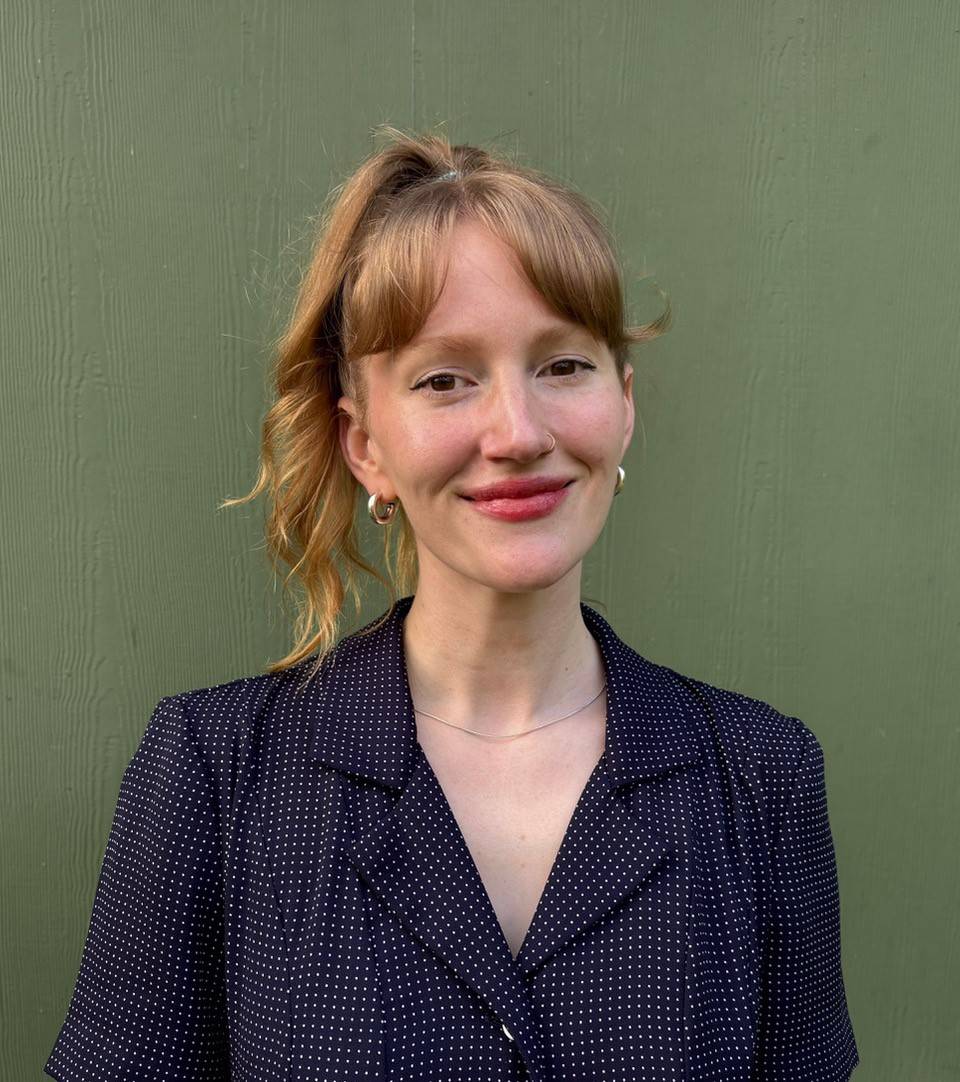
Assistant Professor of Practice
Office: TMH 203
Email: rubyoram@txstate.edu
Phone: 512.245.2122
Website: www.rubyoram.com
Primary Teaching Focus:
American History; Public History
Teaching Specialties:
Twentieth-Century American History; Public History; Local and Community History; Women and Gender History; Urban History; History of Education
Biography:
Dr. Ruby Oram is an Assistant Professor of Practice at Texas State University where she teaches undergraduate and graduate courses on U.S. history and public history. She received her PhD from the joint doctoral program in U.S. and Public History at Loyola University Chicago in 2020. She is a social historian of American women and gender, labor, education, and urban reform movements of the late nineteenth and twentieth centuries. She co-coordinates the Public History Graduate Concentration and serves as Internship Director for the Texas Center for Public History.
Oram held several positions as a public historian prior to arriving at Texas State University. She worked in collections and museum education at the Art Institute of Chicago; archives and record management at the Newberry Library, and public programs at the Chicago Architecture Center. In 2011 she helped run the first Open House Chicago, an annual architecture festival that provides free access to hundreds of historic buildings and cultural sites in Chicago. Her current public history practice focuses on local historic preservation and site interpretation to highlight inclusive stories in the built environment. She frequently collaborates with students and members of the Travis County Historical Commission to document local historic sites in central Texas.
Oram’s forthcoming book, Home Work: Gender, Child Labor, and Education for Girls in Urban America, 1870-1930 (University of Chicago Press, November 2025), explores how public schools evolved to police when and where girls labored in industrial cities during the Gilded Age and Progressive Era. Using Chicago as a case study, she argues that white women’s groups expanded the regulatory power of public schools to address their social anxieties about women’s wage-earning, sexual delinquency, and domesticity. Oram is currently working on a second book project about women temperance activists and police reform between 1870 and 1920.
Oram has published on gender, labor, and urban school reform in The Journal of Urban History, The Journal of the Gilded Age and Progressive Era and A Girl Can Do: Recognizing and Representing Girlhood (ed. Tiffany Isselhardt). She has nominated two historic public schools in Chicago to the National Register of Historic Places: Lucy Flower Technical School for Girls and Chicago Vocational School (co-authored with alumnus Michael L. Mims).
More information about her teaching, scholarship, and public history projects can be found on her personal website.
